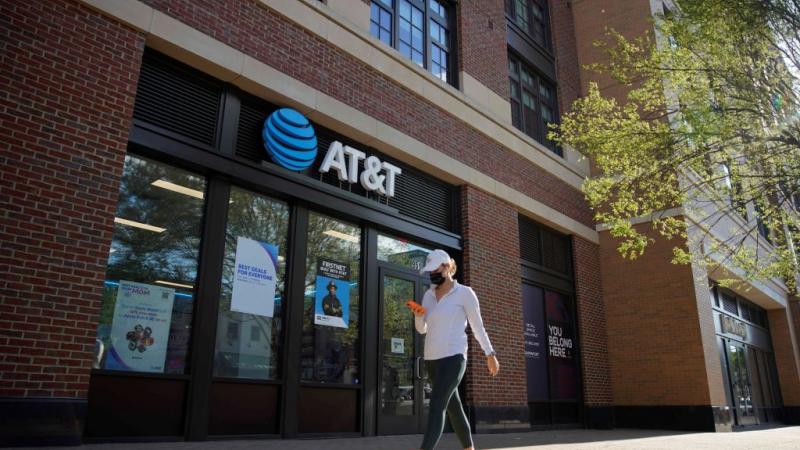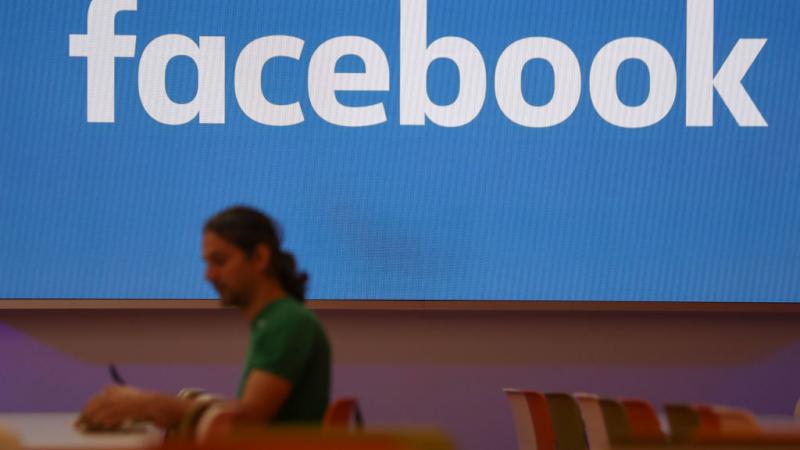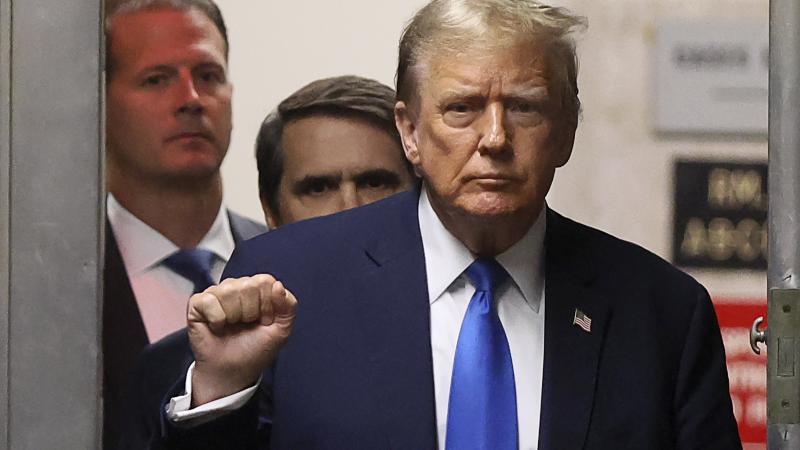Is Chinese shopping app Temu the new TikTok?
Amid growing concern over Chinese apps gathering U.S. user data and possibly sharing it with those in Beijing, should Temu, like TikTok, be considered a threat to national security and individual privacy?
In the U.S., the clock appears to be ticking for TikTok, the short-form video hosting service that now boasts at least 80 million Americans users.
The House of Representatives recently ordered staff to delete the controversial app from all House-issued cell phones. The directive was issued by the chamber's chief administrative officer, Catherine L Szpindor, according to a memo obtained by NBC News. The ban also prohibits the downloading of the app on all House-issued devices in the future. Some commentators suggest that TikTok, accused of being a Trojan horse for the Chinese Communist Party (CCP), could disappear from the U.S. altogether. Eventually, they warn, all Americans could be prevented from using the app.
Meanwhile, another Chinese app is taking the U.S. by storm. It's called Temu, an online shopping site owned by Shanghai-based Pinduoduo Inc. Temu is now one of the most popular apps in the U.S. Designed to rival Amazon, Temu offers low prices on a wide range of goods shipped directly from factories and warehouses in China.
Like all apps, Temu is in the business of collecting data. Considering the growing concerns over Chinese apps gathering inordinate amounts of data and possibly sharing this data with those in Beijing, should Temu, like TikTok, be considered a danger to national security and individual privacy?
Pinduoduo is first and foremost a tech company. As has been highlighted elsewhere, all major Chinese tech companies have close ties to the CCP. The Chinese government is not just in the business of collecting troves of data; it is in the business of using popular apps to collect data, especially data on American users.
It has been suggested that the U.S. and China are engaged in a tech cold war, one that will be won by the side with the best semiconductor manufacturing capabilities, the best AI, and the most significant breakthroughs in quantum computing. This war revolves around acts of cyberespionage and intellectual property (IP) theft.
It is common knowledge that the U.S. has struggled to prevent China from stealing its IP. Some have suggested, for example, that the aforementioned TikTok can be used to steal IP.
As Yahoo News national security correspondent Zac Dorfman, among others, has noted, the CCP and major Chinese businesses are closely intertwined. In China, it seems, there's no such thing as a private company. These companies cooperate with Chinese intelligence services, as Dorfman reported, "to achieve the party's goals.
These goals, according to author Aynne Kokas, involve the collection of data, which data science entrepreneur Clive Humby has termed "the new oil." Chinese-backed actors have already stolen the personal data of some 260 million American citizens, and as Kokas shows in her new book "Trafficking Data," China has an insatiable appetite for more facts, figures, and statistics.
The CCP's "access to, and ability to sift through, troves of pilfered and otherwise obtained data" grants Chinese ruler Xi Jinping and his colleagues the opportunity "to target people in foreign governments, private industries, and other sectors," according to Dorfman. In short, China's tech companies sort through the data, then provide the pertinent information to Chinese intelligence services. These companies are, in Dorfman's view, best viewed as intelligence-gathering companies.
TikTok internal corporate communications revealed in June by Buzzfeed News indicated that sensitive personal data of U.S. users is far more accessible to the platform's China-based employees than it has previously acknowledged by the platform, reinforcing fears that such platforms are vulnerable to exploitation by Beijing as stealth intel-gathering conduits.
("We know we're among the most scrutinized platforms from a security standpoint, and we aim to remove any doubt about the security of US user data," TikTok spokesperson Maureen Shanahan responded to Buzzfeed. "That's why we hire experts in their fields, continually work to validate our security standards, and bring in reputable, independent third parties to test our defenses.")
As tensions between Beijing and Washington continue to escalate, some cyber experts warn that China will look to target the U.S. more aggressively and more frequently. Anusuya Lahiri, an editor at Benzinga, recently discussed the fact that Pinduoduo's plan to penetrate the U.S. market was directly influenced by the success of TikTok
Whether or not Temu, an app that was downloaded more than 10 million times in the U.S. between September and December, ends up posing the same kinds of privacy and security risks as the video-sharing platform bears watching.
Just the News reached out to both Temu and TikTok for comment. Neither had responded by publication time.
The Facts Inside Our Reporter's Notebook
Links
- 80 million Americans
- to delete
- NBC News
- a Trojan horse
- could disappear
- by storm
- Pinduoduo
- rival Amazon
- shipped directly
- all apps
- inordinate amounts
- tech company
- have close ties
- popular apps
- tech cold war
- intellectual property (IP) theft
- stealing its IP
- Some have suggested
- noted
- no such thing
- author Aynne Kokas
- 260 million American citizens
- continue to escalate
- cyber experts warn
- recently discussed
- 10 million times
















